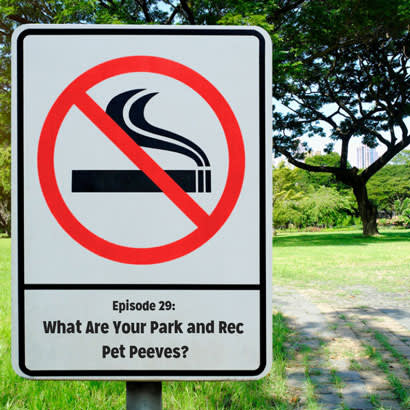
On today’s episode, we’re talking about pet peeves. We know how much passion you have for your communities and careers as park and recreation professionals, but we also know that there’s always that one thing that continues to irk you. On our 25th episode, we asked you to let us know some of the things that you deal with in your career in parks and recreation that really annoy you, and you answered the call.
We met up with a few of our listeners at the 2018 NRPA Annual Conference in Indianapolis to hear a little more about their park and recreation pet peeves, and while some of them are things you would probably assume park and rec professionals have to deal with, you might also learn a thing or two (we did)!
Here’s a sneak peak at the pet peeves in this episode (listen to the show for more):
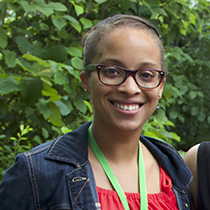 Samantha Marsden, Central Park Conservancy (1:08) — “Being in New York City, one of my pet peeves is when people — they do it in parks, too, of course — is when they spit on the sidewalk. Any type of bodily fluid, I can’t stand it. It makes me want to gag, or puke, or something.”
Samantha Marsden, Central Park Conservancy (1:08) — “Being in New York City, one of my pet peeves is when people — they do it in parks, too, of course — is when they spit on the sidewalk. Any type of bodily fluid, I can’t stand it. It makes me want to gag, or puke, or something.”
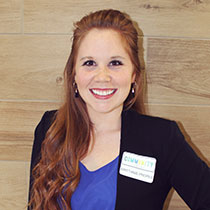 Brittanie Propes, Excelsior Springs Parks and Recreation (2:43) — “We bring our families out [to our public parks and trails] for a fresh air experience, and you really ruin it for us when you smoke.”
Brittanie Propes, Excelsior Springs Parks and Recreation (2:43) — “We bring our families out [to our public parks and trails] for a fresh air experience, and you really ruin it for us when you smoke.”
 Nancy Desmond, Cleveland Metroparks (3:13) — “There’s toxins in those cigarette butts, and it’s just not good for the health and wellness of the park visitors or the nature that it affects.”
Nancy Desmond, Cleveland Metroparks (3:13) — “There’s toxins in those cigarette butts, and it’s just not good for the health and wellness of the park visitors or the nature that it affects.”
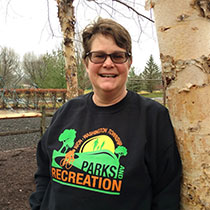 Trillby Berry-Tayman, Washington Township Park (3:37) — “When the community asks for a program, I find a sponsor to cover the costs, and then my community doesn’t show up.”
Trillby Berry-Tayman, Washington Township Park (3:37) — “When the community asks for a program, I find a sponsor to cover the costs, and then my community doesn’t show up.”
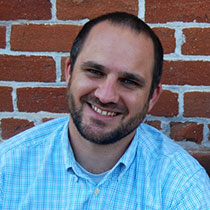 Mark Foote, City of Chandler Parks and Recreation (5:23) — “Trying to take square millennials and fit them into our round holes. I think as recreation professionals, a lot of times we have this old-school way of thinking of taking these new kids and fitting them into our systems. We have to adapt to who these kids are.”
Mark Foote, City of Chandler Parks and Recreation (5:23) — “Trying to take square millennials and fit them into our round holes. I think as recreation professionals, a lot of times we have this old-school way of thinking of taking these new kids and fitting them into our systems. We have to adapt to who these kids are.”



